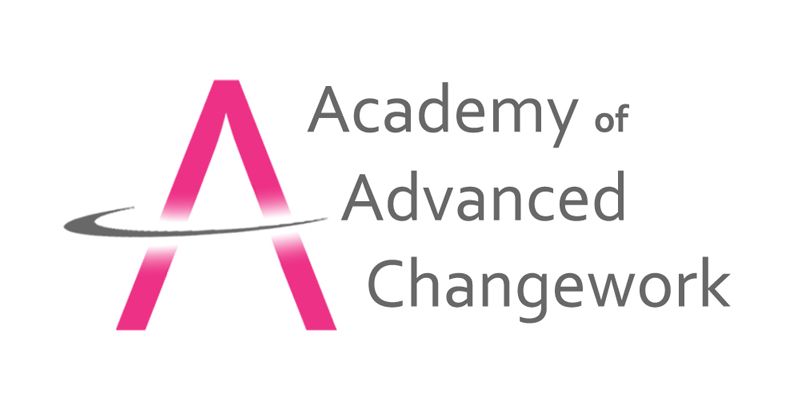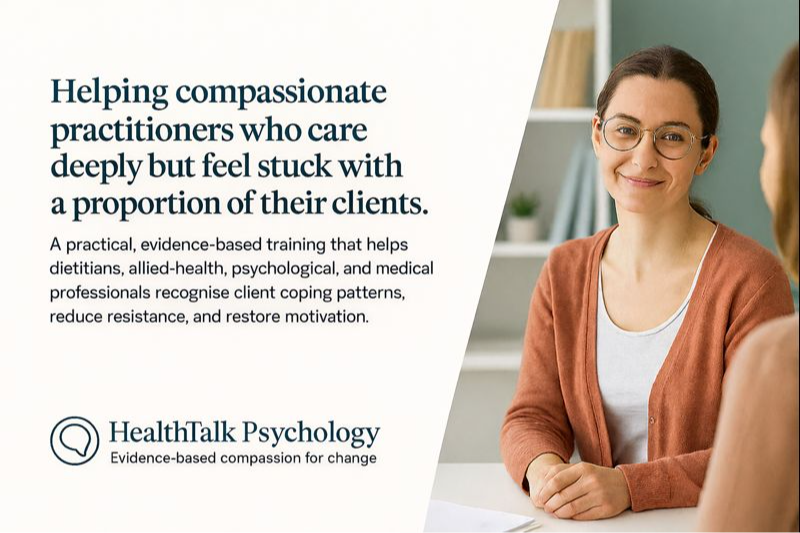
Hypnosis for improving psychocutaneous conditions (e.g., acne)
Research studies conducted over the last few decades comparing e.g., an evidence-based approach such as cognitive behavioural therapy (CBT) interventions with hypnosis, are consistently finding that combining CBT with hypnosis significantly enhances treatment outcomes and efficacy of therapy as compared with just CBT on its own.
This is especially so in relation to a wide spectrum of psychocutaneous disorders/ conditions such as skin disorders that may be improved or cured using hypnosis as an alternative or complementary therapy.
Acne vulgaris (acne), in particular, is the most common of all skin disorders mainly occurring during puberty and affecting an estimated 90% of adolescent males and 80% of adolescent females. It’s also a symptom for many women around menopause.
Although the cause of acne is unknown it’s believed to be associated with changes in the hair follicle and sebaceous glands of the skin that produce sebum which blocks pores resulting in black or white heads and pimples on the face, neck, upper chest, and shoulders.
Psychological stress is widely accepted as being involved in the pathogenesis of acne and contributes significantly to the severity and prolonged nature of the disorder.
The purpose of using hypnosis combined with CBT when treating skin disorders like acne is the ability to induce a deep sense of relaxation which reduces sympathetic arousal (stress response) and facilitates the enhancement of self-esteem, self-efficacy, and control.
Hypnotherapy is effective for addressing and reducing the psychosocial effects, which appear as a result of disfigurement and scarring from the condition including self-consciousness, social anxiety, body image issues, embarrassment, shame, self-loathing, depression, anxiety, anger, frustration, and suicidal ideation. These have all been found to impact sufferers significantly and often more so than the physical symptoms of pain and bleeding.
During trance, hypnotic suggestions and interventions can be delivered for healing, soothing, and symptom management e.g., reducing the itch/scratch response and embedding strategies to engage in self-care and techniques for reducing stress. In addition, more insight-oriented analytical and historical tools can help to identify and manage the underlying psychosocial triggers continuing to exacerbate and cause flares and self-harming behaviours including thoughts.
Post-hypnotic suggestions delivered in deep trance while the client is in a disinhibited, dissociative, and relaxed state, are a crucial part of the process. During hypnotherapy clients typically uncritically accept the notion that new thoughts, feelings, and emotions are a real possibility, and hope and expectation then build for a better way of managing the condition moving forward.






